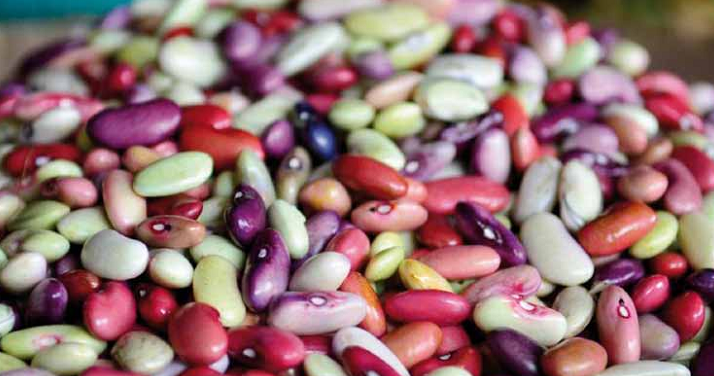Reporting back from Melinda Sundell in The Netherlands!
Being at this conference is like facing a particularly tempting smorgasbord—so many wonderful tastes and smells and a limited physical ability to partake of everything! Present here is every topic a food security person could be interested in, but I will try to highlight some of the strengths (and weaknesses!) of the event.
A major driving force for the organizers is to make sure that “good” science informs the debate and formulation of the SDGs. From the point of view of food security (and then especially the supply side, i.e. agricultural production) the MDGs were a “total loss” to quote one keynote speaker. Nor is the UN really the type of organization that should be implementing this type of policy (although there is yet to be a suggestion of who ought to do it instead). Another major thrust of the conference is the realization that food security has both a demand and a supply side. It is yet to be seen whether the delegates are as interested in supply/consumer issues as they are in pest control and optimization models.
“Animal apologiste” is a major theme or as I tweeted earlier “don’t throw cattle out with bathwater”. Proponents argue that animal production is an integral part of agricultural production systems. In many cases that seems obvious, but what is a bit disturbing about the way it is presented is that (similarly to the case of GMOs) consumer preferences (not to eat meat most obviously and not to use animal products at all to a lesser extent) are treated as uninformed by “good science”. While ignorance is undoubtedly a problem that affects consumer demand, it is also true that consumer preferences are based on a wider set of variables than “good science”. Many consumers do not see food as primarily a fuel; cooking and eating is part of a lifestyle and has strong psychological and sociological functions.
So, if people feel better by not eating red meat, as many claim to do, this should be respected instead of arrogantly dismissed as “uninformed”.
The livestock discussion in some way highlights the dichotomy between the good will of the scientific community and the charmingly perverse nature of human behavior. Science may want to change this behavior, but it is not simply a matter of meeting with the like-minded in scientific conferences.
However, it must be added that when the GHG reduction discussions and the ecosystems services economists were given the floor, the problems posed by livestock production were mentioned in a way that confirms that consumers are not totally off base when they doubt the efficacy of eating so much meat.
For me, an agricultural production specialist by training (ie supply side) by far the best part of the conference is attending the nutritional (ie demand side) sessions. This seems to be agricultural development for human consumption, and not simply a maze of production functions and optimization models. Most of the presentations are third-world oriented, but humans being human all over the globe, there are a lot of insights that apply most everywhere.
Did you know that, in Indonesia, the more money you spend in supermarkets (buying processed food) the more obese you tend to be? Or that caloric deficiency is not the main problem in many parts of Africa, but the fact that the calories are made up mostly of carbohydrates? Or that the nutrient quality of food consumption is a driver of economic development? The argument is that micronutrient intake is directly correlated to intelligence and that in this increasingly information-oriented world; a well-nourished brain is what generates the highest level of income.
These are new and interesting facts that I learned today, my next blog will deal with how I have had to revise my views of economics as a discipline and the green revolution. Exciting stuff—wish you were here!
